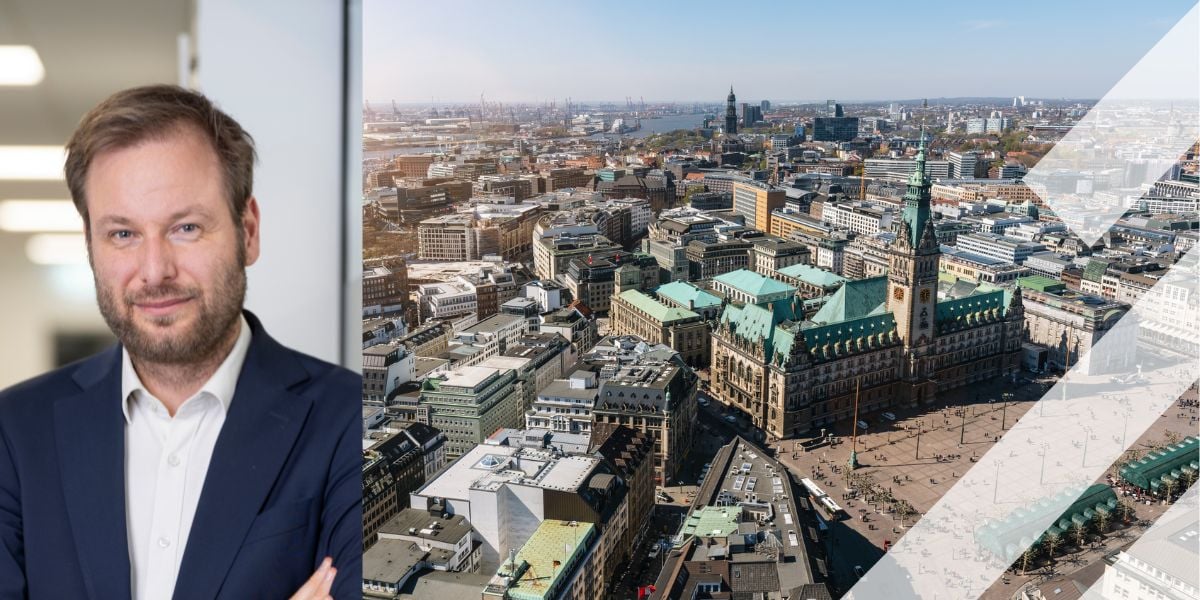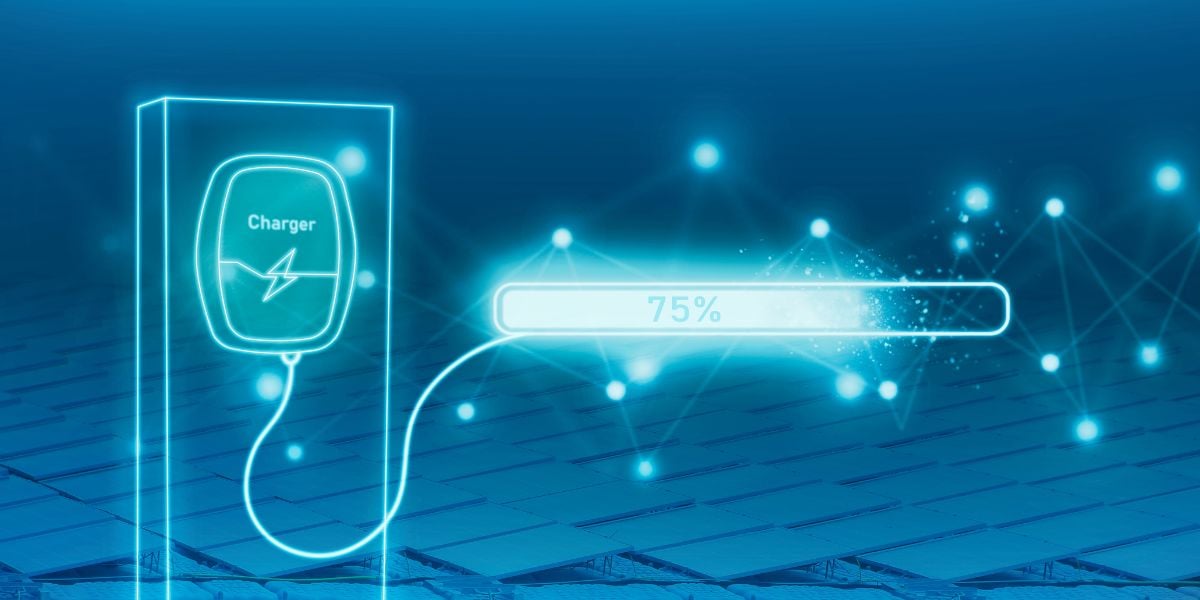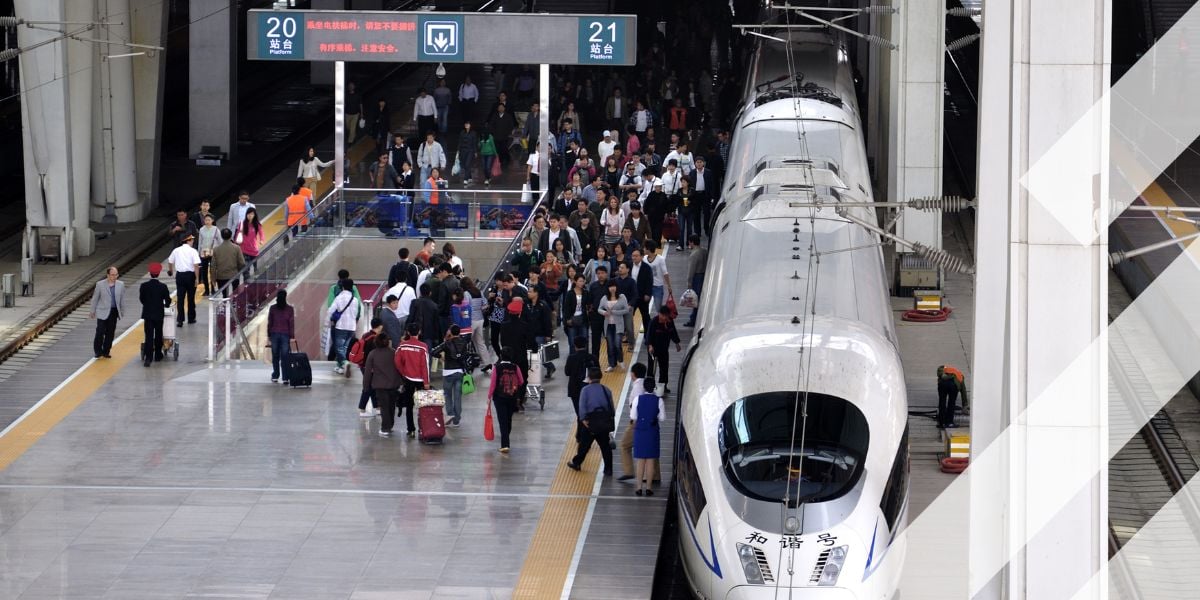Big data
IRF SPECIAL SESSION: Digitalization for effective road assets and resources management
Friday, 19 April 2024
The IRF Special Session, hosted by the organisation’s Director General Susanna Zammataro, unveiled the innovative solutions and individual case studies that showcased the impact of cutting-edge digitalization techniques has had and is having on the highway management sector.
From enhancing safety to climate resilience, congestion & emissions reduction and efficient natural resource usage, the session offered practical insights and real world results from Moroccan Highways’ Anouar Benazzouz, ORIS Materials Intelligence CEO’s Nicolas Miravalls, David Buggiazi, Head of Infrastructure Management Solutions at MOVYON and SALFO & Associates’ Alexandros Kotsas. In a valiant attempt to keep to the tight schedule, the quartet offered brief updates of their organisation’s innovative, sustainable approaches.
Benazzouz drew a slight gasp from the audience when talking about Morocco building 200km of new highways during the early stages of Covid-19, describing the pandemic as a “positive” in respect of the construction opportunities it offered to Moroccan Highways, before breaking down the positive impacts of the organisation’s digital transformation journey into four distinct categories: digitalization of customer service, project management, highways infrastructure monitoring and road asset management.
Miravalls highlighted ORIS’s innovative Construction Materials Knowledge Platform, an open resource for responsible asset management from the design stage, citing digital twinning as the optimum tool for asset optimization and resource management. To date the platform features over 33,000 materials sites.
Kotsas encapsulated the direction in which the smart mobility industry is headed with a single sentence when discussing the role of connected vehicle data in the task of creating better and safer roads: “Cars are no longer machines,” he concluded, “they are electronic devices.” Citing case studies on congestion analysis; London ULEZ extension trip pattern analysis; school zone safety and finding optimum EV charging station locations in Australia, Kotsas suggested the road safety sector is moving from a detect and repair industry to a one that predicts and prevents.
MOVYON’s Buggiazi majored on his company’s ARGO, a single platform for monitoring and managing the lifecycle and lifespan of infrastructures such as bridges and viaducts. “ARGO is an advanced asset management tool that can be applied to both motorway infrastructures and infrastructures managed by local government.” The construction sector is not always associated with making the most of technological advances but that is clearly no longer the case, as Buggiazi highlighted ARGO’s use of IoT sensors that collect data on the current health of, for example, bridges; of artificial intelligence for defect detection and image processing and for the purposes of the inspection of remote areas, the use of drones equipped with 3D scanners.
The session preview promised to give examples of how IRF members are ushering in a new era of intelligent infrastructure planning, delivery and management and it was a promise that was entirely kept.
From enhancing safety to climate resilience, congestion & emissions reduction and efficient natural resource usage, the session offered practical insights and real world results from Moroccan Highways’ Anouar Benazzouz, ORIS Materials Intelligence CEO’s Nicolas Miravalls, David Buggiazi, Head of Infrastructure Management Solutions at MOVYON and SALFO & Associates’ Alexandros Kotsas. In a valiant attempt to keep to the tight schedule, the quartet offered brief updates of their organisation’s innovative, sustainable approaches.
Benazzouz drew a slight gasp from the audience when talking about Morocco building 200km of new highways during the early stages of Covid-19, describing the pandemic as a “positive” in respect of the construction opportunities it offered to Moroccan Highways, before breaking down the positive impacts of the organisation’s digital transformation journey into four distinct categories: digitalization of customer service, project management, highways infrastructure monitoring and road asset management.
Miravalls highlighted ORIS’s innovative Construction Materials Knowledge Platform, an open resource for responsible asset management from the design stage, citing digital twinning as the optimum tool for asset optimization and resource management. To date the platform features over 33,000 materials sites.
Kotsas encapsulated the direction in which the smart mobility industry is headed with a single sentence when discussing the role of connected vehicle data in the task of creating better and safer roads: “Cars are no longer machines,” he concluded, “they are electronic devices.” Citing case studies on congestion analysis; London ULEZ extension trip pattern analysis; school zone safety and finding optimum EV charging station locations in Australia, Kotsas suggested the road safety sector is moving from a detect and repair industry to a one that predicts and prevents.
MOVYON’s Buggiazi majored on his company’s ARGO, a single platform for monitoring and managing the lifecycle and lifespan of infrastructures such as bridges and viaducts. “ARGO is an advanced asset management tool that can be applied to both motorway infrastructures and infrastructures managed by local government.” The construction sector is not always associated with making the most of technological advances but that is clearly no longer the case, as Buggiazi highlighted ARGO’s use of IoT sensors that collect data on the current health of, for example, bridges; of artificial intelligence for defect detection and image processing and for the purposes of the inspection of remote areas, the use of drones equipped with 3D scanners.
The session preview promised to give examples of how IRF members are ushering in a new era of intelligent infrastructure planning, delivery and management and it was a promise that was entirely kept.






